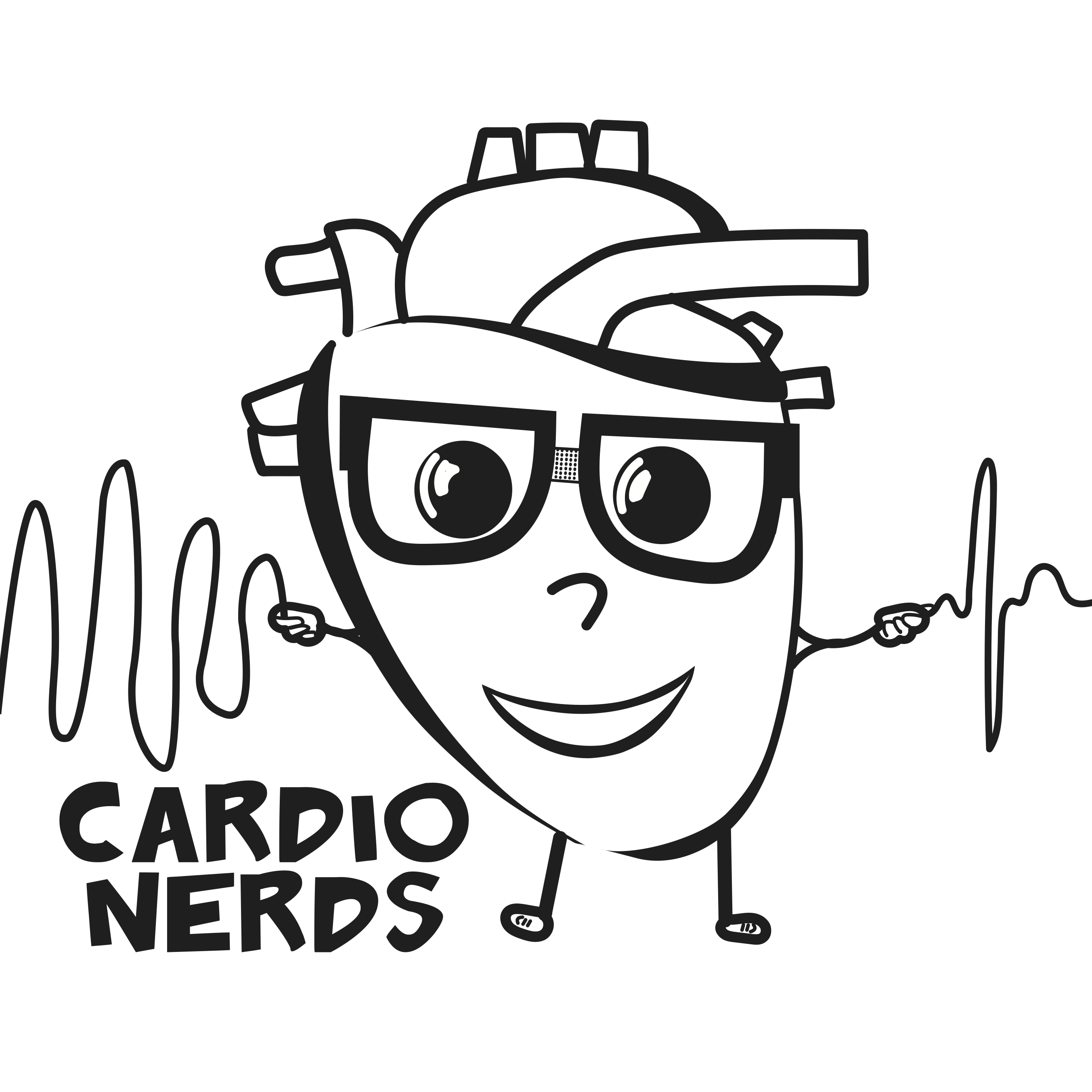265. Case Report: An Unusual Case of Non-ischemic Cardiomyopathy Cleveland Clinic

CardioNerds co-founder Daniel Ambinder joins Cleveland Clinic cardiology fellows, Dr. Essa Hariri, Dr. Anna Scandinaro, and Dr. Beka Bekhdatze, Clinical pharmacist at Cleveland Clinic, Dr. Ashley Kasper, and Dr. Craig Parris from Ohio State University Medical Center for a walk at Edgewater Park in Cleveland, Ohio. Dr. Andrew Higgins (Crtitical Care Cardiology and Advanced HF / Transplant Cardiology at Cleveland Clinic) provides the ECPR for this episode. They discuss the following case involving a rare cause of non-ischemic cardiomyopathy. A young African American male was admitted for cardiogenic shock following an admission a month earlier for treatment resistant psychosis. He was diagnosed with medication-induced non-ischemic cardiomyopathy, which resolved with a remarkable recovery of his systolic function after discontinuation of the culprit medication, Clozapine. Episode notes were drafted by Dr. Essa Hariri. Audio editing by CardioNerds Academy Intern, student doctor Shivani Reddy.\n\n\n\nEnjoy this case report co-published in US Cardiology Review: Clozapine-induced Cardiomyopathy: A Case Report\n\n\n\nCardioNerds is collaborating with\xa0Radcliffe Cardiology\xa0and\xa0US Cardiology Review journal (USC)\xa0for a \u2018call for cases\u2019, with the intention to co-publish high impact cardiovascular case reports, subject to double-blind peer review. Case Reports that are accepted in USC journal and published as the version of record (VOR), will also be indexed in Scopus and the Directory of Open Access Journals (DOAJ).\n\n\n\n\n\n\n\n\n\n\n\n\n\n\n\nCardioNerds Case Reports PageCardioNerds Episode PageCardioNerds AcademyCardionerds Healy Honor Roll\n\n\n\n\n\nCardioNerds Journal ClubSubscribe to The Heartbeat Newsletter!Check out CardioNerds SWAG!Become a CardioNerds Patron!\n\n\n\n\n\n\nPearls - An Unusual Case of Non-ischemic Cardiomyopathy\n\n\n\n\nThe diagnosis of drug-induced non-ischemic cardiomyopathy is usually one of exclusion. High clinical suspicion is needed to diagnose drug-induced cardiomyopathy.\n\n\n\nMissing the culprit medication causing drug-induced cardiomyopathy could be detrimental as there is a high probability of reversing a systolic dysfunction after stopping the offending medication.\n\n\n\nClozapine is an effective medication for the treatment-resistant schizophrenia and is associated with reduced suicide risk.\n\n\n\nClozapine is reported to cause drug-induced cardiomyopathy and is more common with rapid drug titration. Clozapine is more commonly associated with myocarditis.\n\n\n\nClose monitoring and vigilance are critical to preventing cardiac complications associated with initiating clozapine.\n\n\n\nThe management of clozapine-associated cardiomyopathy includes clozapine cessation and heart failure guideline-directed medical therapy.\n\n\n\n\n\nShow Notes - An Unusual Case of Non-ischemic Cardiomyopathy\n\n\n\nWe treated a case of clozapine-associated cardiomyopathy presenting in cardiogenic shock. Drug-induced cardiomyopathy is a common yet under-recognized etiology of non-ischemic cardiomyopathy. Clozapine is an FDA-approved atypical antipsychotic medication frequently prescribed for treatment-resistant schizophrenia and the only antipsychotic agent that has been proven to significantly reduce suicide among this patient population.\n\n\n\nHowever, Clozapine is reported to be associated with several forms of cardiotoxicity, including myocarditis (most common), subclinical clozapine associated cardiotoxicity, and least commonly, drug-induced cardiomyopathy. Clozapine-associated cardiomyopathy should be considered as a differential diagnosis in schizophrenic patients presenting with signs of acute heart failure.\xa0\n\n\n\nRapid titration of clozapine is a risk factor for clozapine-associated cardiomyopathy and clozapine-associated myocarditis. To date, there is no evidence or consensus supporting preemptive screening. According to the American Psychiatric Association, whenever clozapine-induced myocarditis or cardiomyopathy is suspected, a cardiology consult is warranted.